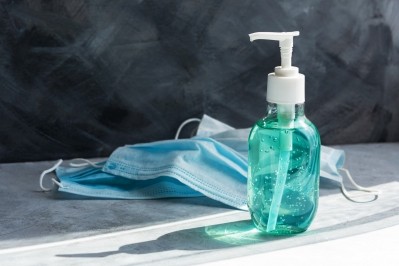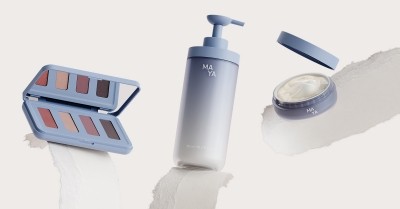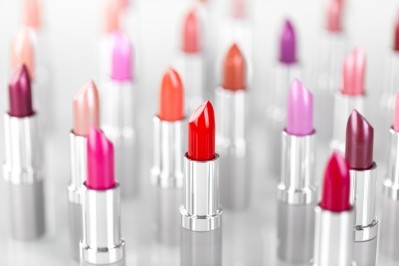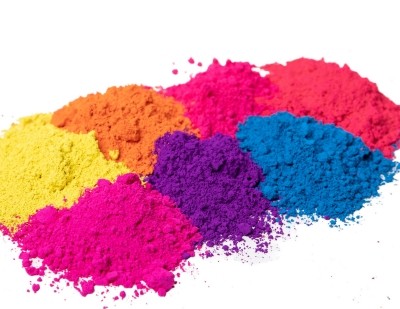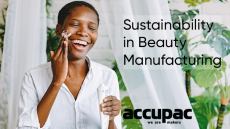Onion peel and passion fruit peel extracts can potentially 'replace synthetic ingredients' in daily SPF moisturizers
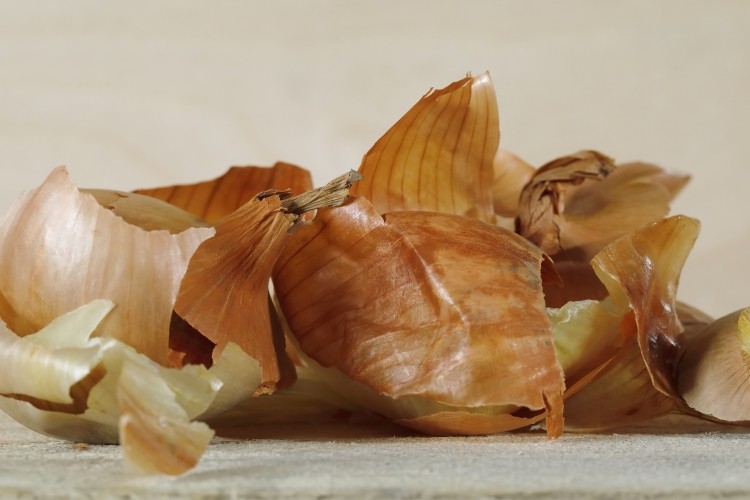
To further cosmetic and personal beauty product development through the circular economy concept, Portuguese researchers recently published a study in the scientific journal Molecules which detailed their assessment of onion peel and passion fruit peel extracts “in topical formulations as an alternative to synthetic antioxidants and UV filters.”
The study sought to determine if extracts from these by-products can be utilized successfully by investigating “the feasibility of valorizing agricultural by-products—onion peels and passion fruit peels—by incorporating them into a cosmetic product, specifically a sunscreen.”
Study background
As detailed in the study, “the cosmetic industry has been focusing on replacing synthetic ingredients with natural ones, taking advantage of their bioactive compounds.” Researchers thus identified onion peel and passion fruit peel for study and analysis after extensive literature revealed both are “rich sources of bioactive phenolic compounds, such as polyphenols (for example, resveratrol), flavonoids (such as kaempferol and quercetin) and phenolic acids (such as gallic acids),” qualifying them as promising candidates for further research.
An additional advantage of formulating topical products with onion peel or passion fruit peel by-products for cosmetic use is the ease of obtaining them in large amounts, as they are readily and plentily available in discards from restaurants and processing facilities.
Thus, “due to their bioactive potential, onion peel and passion fruit peels are interesting and attractive sources for obtaining extracts rich in phenolic compounds to incorporate into cosmetic products,” and “this strategy promotes the reuse of agro-industrial by-products and the valorization of their bioactive composition, and it allows reducing the environmental problems caused by their incorrect treatment and disposal,” researchers wrote.
Therefore, “this study aimed to develop a value-added and sustainable face moisturizing cream with SPF through the incorporation of UV filters from natural sources, following the concept of the circular economy.”
Testing and formulation
Before researchers could focus their efforts on the sunscreen formulation, the SPF value of the onion peel and passion fruit peel needed to be assessed. The research team first tested and determined the total phenolic content for each extract before characterizing both extracts’ antioxidant capacity, antibacterial capacity, and sun protection factor (SPF) value.
Once the extract characterizations were completed, “nine formulations of oil-in-water creams were produced with minor changes in the quantity of additives: OP and PFP extract (natural antioxidants and UV filters), BHT (synthetic antioxidant) and oxybenzone (synthetic UV filter)” to assess the extracts’ potential efficacy as a bioactive additive for sunscreen products.
Researchers sought to evaluate each formulation type’s stability, antioxidant capacity, and overall SPF protection. Results determined that the onion peel extract demonstrated better results than the passion fruit peel extract, which researchers attributed to its higher concentration of quercetin, a potent antioxidant flavonoid.
Each of the nine formulations was studied for its stability for twenty-eight days. Researchers verified that the formulations remained stable for the duration of the study period and conducted a variety of assays regarding their antioxidant capacity and SPF value.
Overall, the study determined that sunscreen formulations containing onion peel and passion fruit peel extracts “have some photoprotective properties and are excellent sources of antioxidants,” concluding that they can safely “be incorporated in daily moisturizers with SPF and sunscreens replacing and/or diminishing the quantities of synthetic ingredients, reducing their negative effects on human health and the environment.”
Results and conclusions
In greater detail, the stability assessments revealed that “that the incorporation of the phenolic extracts did not influence the antibacterial capacity or the thermal and physical stability of the formulations.” Further, “regarding the antioxidant capacity, the formulations containing extracts demonstrated analogous capacity in inhibiting DPPH and ABTS, with better results over time, revealing that onion peel and passion fruit peel are valuable natural sources of antioxidants.”
Finally, regarding the SPF value of onion peel and passion fruit peel extracts, “preliminary SPF studies revealed that formulations containing OP and PFP extracts provide significantly less photoprotection than the formulation with oxybenzone (synthetic UV filter).” However, their antioxidant benefits qualify these extracts as a potentially beneficial additive to products like daily moisturizers with added SPF.
In conclusion, the Portuguese research team achieved results that supported their hypothesis that onion peel and passion fruit peel extracts are, in fact, “valuable sources of phenolic compounds with antioxidant and photoprotective properties.” This conclusion means that both options are viable candidates for inclusion as bioactive ingredients in a wide range of cosmetic and personal beauty care products, including daily moisturizers and sunscreens.
Ultimately, researchers noted that to “ensure the safety of the by-products used, further work on the analysis of possible pesticides as well as toxicity assays should be carried out.” However, the results are encouraging for brands seeking alternative bioactive options to synthetic formulation ingredients.
Further, these options add great potential value to the clean or green beauty movement, offering industry manufacturers and suppliers the opportunity to formulate products with options containing “phenolic compounds extracted from by-products, which is critical for complying with sustainability and circular economy principles.”
Source: Molecules
2023; 28(5):2037. https://doi.org/10.3390/molecules28052037
"A Novel Approach in Skin Care: By-Product Extracts as Natural UV Filters and an Alternative to Synthetic Ones"
Authors: Santos L. et al
